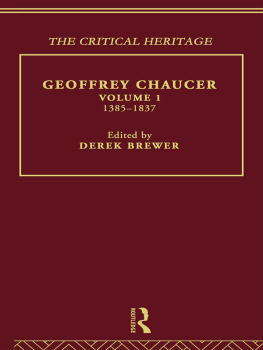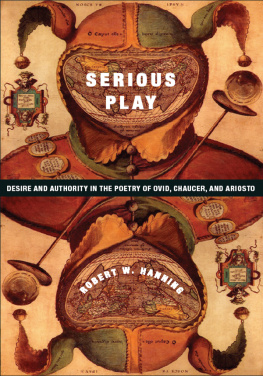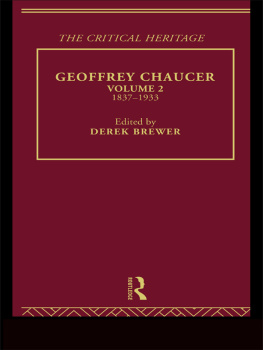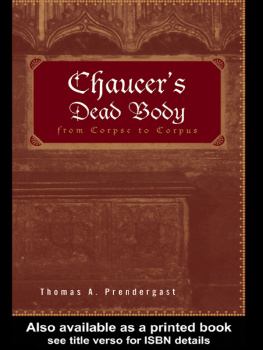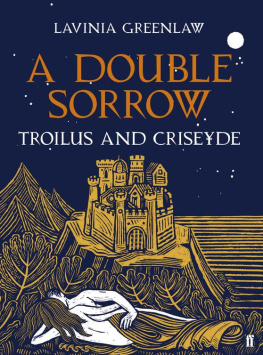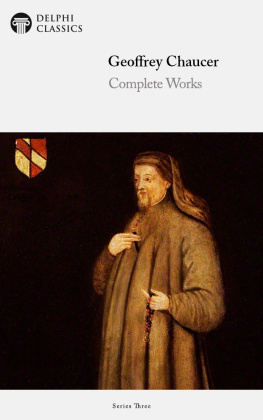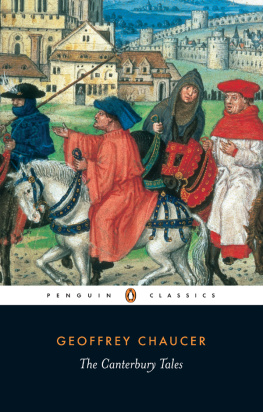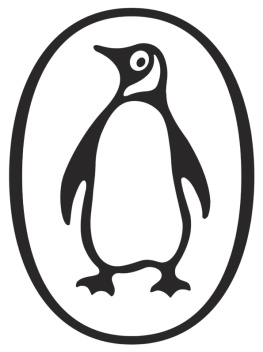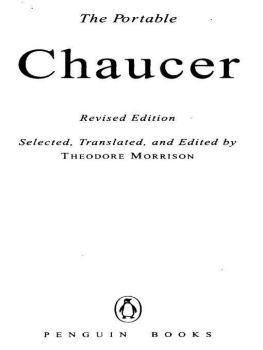Chaucer Geoffrey - Geoffrey Chaucer. Volume 1: 1385-1837
Here you can read online Chaucer Geoffrey - Geoffrey Chaucer. Volume 1: 1385-1837 full text of the book (entire story) in english for free. Download pdf and epub, get meaning, cover and reviews about this ebook. City: London, year: 1978;2011, publisher: Routledge, genre: Detective and thriller. Description of the work, (preface) as well as reviews are available. Best literature library LitArk.com created for fans of good reading and offers a wide selection of genres:
Romance novel
Science fiction
Adventure
Detective
Science
History
Home and family
Prose
Art
Politics
Computer
Non-fiction
Religion
Business
Children
Humor
Choose a favorite category and find really read worthwhile books. Enjoy immersion in the world of imagination, feel the emotions of the characters or learn something new for yourself, make an fascinating discovery.
- Book:Geoffrey Chaucer. Volume 1: 1385-1837
- Author:
- Publisher:Routledge
- Genre:
- Year:1978;2011
- City:London
- Rating:5 / 5
- Favourites:Add to favourites
- Your mark:
- 100
- 1
- 2
- 3
- 4
- 5
Geoffrey Chaucer. Volume 1: 1385-1837: summary, description and annotation
We offer to read an annotation, description, summary or preface (depends on what the author of the book "Geoffrey Chaucer. Volume 1: 1385-1837" wrote himself). If you haven't found the necessary information about the book — write in the comments, we will try to find it.
Geoffrey Chaucer. Volume 1: 1385-1837 — read online for free the complete book (whole text) full work
Below is the text of the book, divided by pages. System saving the place of the last page read, allows you to conveniently read the book "Geoffrey Chaucer. Volume 1: 1385-1837" online for free, without having to search again every time where you left off. Put a bookmark, and you can go to the page where you finished reading at any time.
Font size:
Interval:
Bookmark:

VOLUME 1, 13851837
The Critical Heritage series collects together a large body of criticism on major figures in literature. Each volume presents the contemporary responses to a particular writer, enabling the student to follow the formation of critical attitudes to the writers work and its place within a literary tradition.
The carefully selected sources range from landmark essays in the history of criticism to fragments of contemporary opinion and little published documentary material, such as letters and diaries.
Significant pieces of criticism from later periods are also included in order to demonstrate fluctuations in reputation following the writers death.
VOLUME 1, 13851837
DEREK BREWER

First Published in 1978
Routledge is an imprint of the Taylor & Francis Group
This edition published in the Taylor & Francis e-Library, 2003.
Compilation, introduction, notes and index 1978 Derek Brewer
All rights reserved. No part of this book may be reprinted or reproduced or utilized in any form or by any electronic, mechanical, or other means, now known or hereafter invented, including photocopying and recording, or in any information storage or retrieval system, without permission in writing from the publishers.
British Library Cataloguing in Publication Data
ISBN 0-203-19619-8 Master e-book ISBN
ISBN 0-203-19622-8 (Adobe eReader Format)
ISBN 0-415-13398-X (Print Edition)
The reception given to a writer by his contemporaries and near-contemporaries is evidence of considerable value to the student of literature. On one side we learn a great deal about the state of criticism at large and in particular about the development of critical attitudes towards a single writer; at the same time, through private comments in letters, journals or marginalia, we gain an insight upon the tastes and literary thought of individual readers of the period. Evidence of this kind helps us to understand the writers historical situation, the nature of his immediate reading-public, and his response to these pressures.
The separate volumes in the Critical Heritage Series present a record of this early criticism. Clearly, for many of the highly productive and lengthily reviewed nineteenth- and twentieth-century writers, there exists an enormous body of material; and in these cases the volume editors have made a selection of the most important views, significant for their intrinsic critical worth or for their representative qualityperhaps even registering incomprehension!
For earlier writers, notably pre-eighteenth century, the materials are much scarcer and the historical period has been extended, sometimes far beyond the writers lifetime, in order to show the inception and growth of critical views which were initially slow to appear.
In each volume the documents are headed by an Introduction, discussing the material assembled and relating the early stages of the authors reception to what we have come to identify as the critical tradition. The volumes will make available much material which would otherwise be difficult of access and it is hoped that the modern reader will be thereby helped towards an informed understanding of the ways in which literature has been read and judged.
B.C.S.
For Helena
The late Dr. Johnson being asked his opinion of the expediency of Mr. Derricks republishing an old book, with his usual bluntness replied,Why, Sir, if you must print, it had better be some other persons nonsense than your own. And yet, if one must print, how shall an undiscriminating editor know what to rescue from oblivion?
F.G.Waldron, Advertisement to
The Loves of Troilus and Cresseid
...with a commentary by Sir Francis Kinaston, 1796
It was Augustine, I believe, who invoked in jest or in earnest a curse on those who had anticipated him in the utterance of his ideas....
A.C.Swinburne, Miscellanies, 1886, p. 123
The heritage of criticism of Chaucer is a body of writing unique in English literature. No other author has been commented on in English so regularly and extensively over so long a period. The literary observations and discussions threaded together by their reference to Chaucer constitute a unique index to the course of English criticism and literary theory. Some well-known critical texts take on a fresh importance when seen in connection with Chaucer, while other less-known comments reveal an unexpected significance.
All the later major poets, and almost all distinguished English and American men of letters up to the first third of the twentieth century have made at least passing allusion to Chaucer. But it is not the purpose of the present volumes to collect such allusions, a task already superbly, though inevitably selectively, performed by Miss Spurgeon. (1) Nor is it their purpose to reprint the very many modernisations, translations and imitations made over the centuries, which imply various critical views, but views that are more explicit elsewhere and whose bulk would have required impracticably vast volumes for relatively small critical return. The aim of the present volumes is to give a copious selection, including all the significant passages, of all the critical writings on Chaucer from his own day up to 1933. That date has been chosen, as the Introduction to Volume 2 more fully explains, as marking roughly the end of the tradition of the generally cultivated amateur critic and reader, who shared, usually unconsciously, the general tradition of Neoclassical, Romantic and Victorian premises about literature, with their social implications. This general tradition, as will be shown more fully below, began about the middle of the sixteenth century in England and became dominant with Dryden.
The first volume of these extracts covers the period which begins from Chaucers lifetime (when rhetorical principles of thinking about poetry prevailed) , continues through the Neoclassical and Romantic periods (which begin towards the end of the sixteenth century) , and concludes at 1837 on the brink of the Victorian period, where, however, there is no major break. The second volume covers the subsequent hundred years. The range of both volumes is thus slightly greater than that of Miss Spurgeons monumental work, and of a somewhat different orientation, as more fully explained in the Bibliographical Note. The aim has been to trace critical opinions and attitudes. Many extracts are necessarily the same as in Miss Spurgeons work, but a few references have been added, a good many have been extended, and very many have been dropped from her list in the earlier centuries, while nineteenth-century contributions have been much increased.
Chaucers genius was recognised as outstanding even in his own day. Leaving aside the probable intention of honouring him by burial in Westminster Abbey, then normally reserved for royalty, what other English author has been so heartily praised by a French contemporary (No. 1)? It is worth glancing for comparison at the reputations of Chaucers English contemporaries. Apart from Chaucer, only Lydgate and Gower attracted comment in the fifteenth and sixteenth centuries, and they were often noticed mainly because of their association with Chaucer. From the seventeenth century until the middle of the twentieth Lydgate has been practically forgotten except, notably, by the poet Gray (No. 81). During the same period Gower slumbered on without being awakened even by Gray, though modern taste now places him above Lydgate and in a few respects not too far below Chaucer. Langlands Piers Plowman, widely read at the end of the fourteenth century and in the fifteenth, was for some reason not printed by Caxton, who was otherwise so assiduous to preserve late medieval English culture. Piers Plowman was at last printed, probably for religious rather than literary reasons, in 1550, but only from the middle of the twentieth century has it been given the attention its greatness deserves. The Gawain -poet, as great a poet as Chaucer, though very different, survived from the fourteenth century in only one small MS., was unknown till the nineteenth century, and hardly discussed till the 1950s. Chaucer alone, from his own day onwards, has been accepted as a major English poet, and, understandably though erroneously, has very often been taken as the founding father of English literature, and the first refiner of our language. His work has been present as a general, much-enjoyed, if often little understood, possession of the English literary mind, solidly there, since his own lifetime.
Font size:
Interval:
Bookmark:
Similar books «Geoffrey Chaucer. Volume 1: 1385-1837»
Look at similar books to Geoffrey Chaucer. Volume 1: 1385-1837. We have selected literature similar in name and meaning in the hope of providing readers with more options to find new, interesting, not yet read works.
Discussion, reviews of the book Geoffrey Chaucer. Volume 1: 1385-1837 and just readers' own opinions. Leave your comments, write what you think about the work, its meaning or the main characters. Specify what exactly you liked and what you didn't like, and why you think so.

